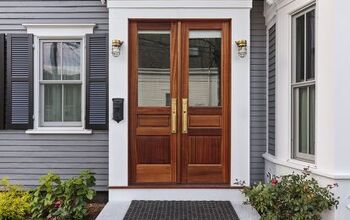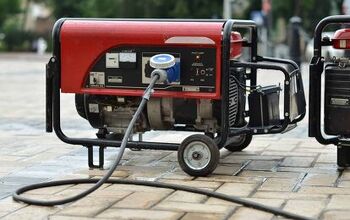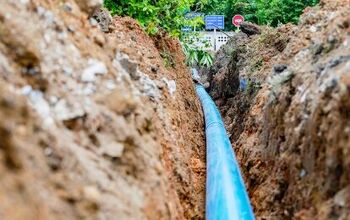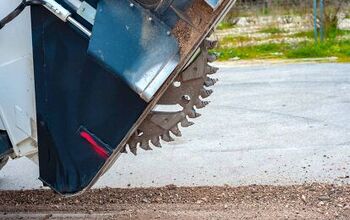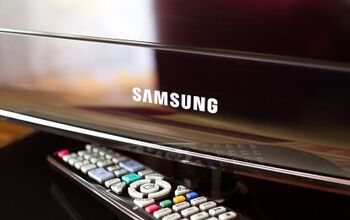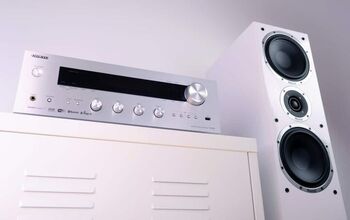How Long Can You Hold An Apartment Before Moving In?

Imagine this: You’ve just found a beautiful, leasable apartment. You reach out to the property manager or landlord to see if it’s still available, and you find out that it is. You apply, you wait, and eventually you hear back from the landlord, who pleasantly tells you they’d be delighted to have you as their tenant.
The only problem is—you can’t move in right away. So what’s done in this situation? Will the landlord hold the apartment until you move in? Does a special arrangement have to be drafted to ensure the property stays held for you? Such are the main questions this article answers.
Generally, an apartment will be held for 30 days once a potential tenant puts down a holding deposit. However, a specific time frame should be present in the holding deposit agreement. If you need more time than what’s given in the holding deposit agreement, you should discuss this with your landlord, as you’ll have to pay more for an extension.
Do You Need to Hire Movers?
Get free, zero-commitment quotes from pro contractors near you.

What Is a Holding Deposit?
A holding deposit is an amount of money that’s given by a potential tenant to a landlord in exchange for the landlord holding an unoccupied apartment for the potential tenant. If for some reason the deal falls through and a lease is not signed, the landlord has the right to retain most or all of the given holding deposit.
There are several things that can cause a deal to fall through after the holding deposit is given. Perhaps the individual seeking to lease failed a background check, or maybe they were unable to raise the money necessary for a security deposit by the date specified in the holding deposit agreement.
Why Does a Landlord Need a Holding Deposit?
In each U.S. state, there are laws that govern how holding deposit agreements should be drafted, and these laws also specify what a reasonable holding deposit amount is.
But why do landlords need holding deposits at all? Well, in the time a landlord spends holding an apartment for a potential tenant, they could be renting it out to somebody else. And should there not be a holding deposit secured and the deal falls through, the landlord would have nothing to show for the time they spent holding the apartment.
The landlord would also need to advertise the available unit again, and this would be yet another expense. In short, holding deposit agreements are useful because they ensure a landlord is duly compensated for the time spent waiting for an individual to officially become their tenant. Most landlords have holding deposit agreements drafted in advance, but an agreement that’s created by both the landlord and the potential tenant can be used as well.
Who Drafts a Holding Deposit Agreement?
If your landlord does not have a pre-drafted holding deposit agreement, then you’ll need to create one with them. There are some important points to include when creating this agreement, and as the potential tenant, you don’t want to forget including each one.
If the landlord violates their end of the deal, you’ll need a sound agreement to justify you receiving part or all of your holding deposit back. Below are the factors a holding deposit agreement should include:
- The holding deposit amount.
- The amount of time the landlord will hold the property.
- The amount of the deposit that’s retained by the landlord if the deal falls through.
- An arrangement for returning the deposit.
- An arrangement for deducting the holding deposit from the security deposit (optional).
Is a Security Deposit the Same as a Holding Deposit?
Holding deposits and security deposits are different. The former is an amount of money that’s put down to hold an unoccupied unit for a potential tenant. The latter is an amount of money that’s given after a lease has been signed to ensure against damage that may occur within the unit.
What Happens When a Holding Deposit Agreement Is Upheld?
If you eventually sign the lease, and the landlord doesn’t incur a significant financial loss by extending to you a holding agreement, then the holding deposit should be refunded, either mostly or entirely, sometime shortly after you move in. The amount could also be added to your security deposit.
In the end, what happens to the holding deposit is up to the landlord, especially if they’re using a holding deposit agreement that affords them a lot of discretion. This is a main reason why you should always go over a holding agreement before signing.
You could also get a lawyer to look over the contract, but doing so will likely fail to prove worthwhile. If you have a friend, however, who’s in legal, this could be a great time to utilize their help. Just make sure you know what you’re getting yourself into when you sign the agreement, as you may need to budget around what happens to the deposit.
What Happens When a Holding Deposit Agreement Is Broken?
If the landlord doesn’t hold up their end of the agreement, then you can sue them in small claims court to get part or all of your holding deposit back. However, legal action like this may not be worth the time and money spent. That being said, if it’s clear your landlord has violated the contract, then you should hold them accountable in court, if not for yourself then to ensure they won’t wrong another unsuspecting individual again some day.
Which Holding Deposit Issues Are Common?
Unfortunately, a range of issues can pop up when a holding deposit is required, and some issues are the result of mismanagement on the part of the landlord, whereas other issues are the result of a scam. Here are some of the common issues that you should keep an eye out for when you know you’re going to need a holding deposit:
The Landlord Wants a Cash Holding Deposit
Using cash to pay a holding deposit is not a good move, and that’s because there’s no proof of the transaction. When putting down a holding deposit, you should use a check or pay digitally so there’s a receipt.
A Scammer Creates a Fake Listing and Asks for a Holding Deposit Upfront
Never pay a landlord until it’s perfectly clear that they’re not out to scam you. You don’t have to worry about this as much if you’re using one of the popular renting sites to find a place, but even these can be home to scammers. If you give your holding deposit to a scammer, it’s almost certain you won’t see that money again.
The Landlord Holds the Deposit When They Don’t Have a Right to Do So
If the landlord refuses to refund your deposit, and they don’t possess the right to do so, it’s at this point that you can take legal action. Again, however, one must consider all that’d be involved in doing this, and whether or not it’s worth it to use legal action as a way of getting back a holding deposit.
The Landlord Wants a Holding Deposit Before the Lease Is Shown
You should avoid putting down a holding deposit until you see a lease. If you don’t, you could end up holding an inadequate apartment. This is different from being scammed outright, as the landlord will probably have a written contract which justifies their action.
Do You Need to Hire Movers?
Get free, zero-commitment quotes from pro contractors near you.

Is It Normal for a Landlord to Ask For a Finder’s Fee?
In very few circumstances should a landlord expect a finder’s fee for renting a unit. Finder’s fees are common in the real estate market, but near absent entirely in the renter’s market.
One could argue that the finder’s fee is just like the security deposit. And in some places, landlords are prohibited from asking for a finder’s fee. A tenant can even take their landlord to court over a finder’s fee, as they’re essentially paying for nothing.

Matt loves everything DIY. He has been learning and practicing different trades since he was a kid, and he's often the first one called when a friend or family member needs a helping hand at home. Matt loves to work with wood and stone, and landscaping is by far his most favorite pastime.
More by Matthew Mountain











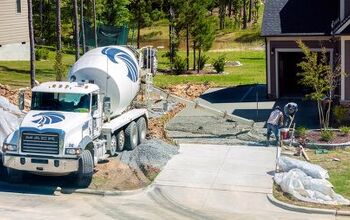

![Finishing Basement Without Permit [Is It Really Illegal?]](https://cdn-fastly.upgradedhome.com/media/2023/07/31/9070078/finishing-basement-without-permit-is-it-really-illegal.jpg?size=350x220)
